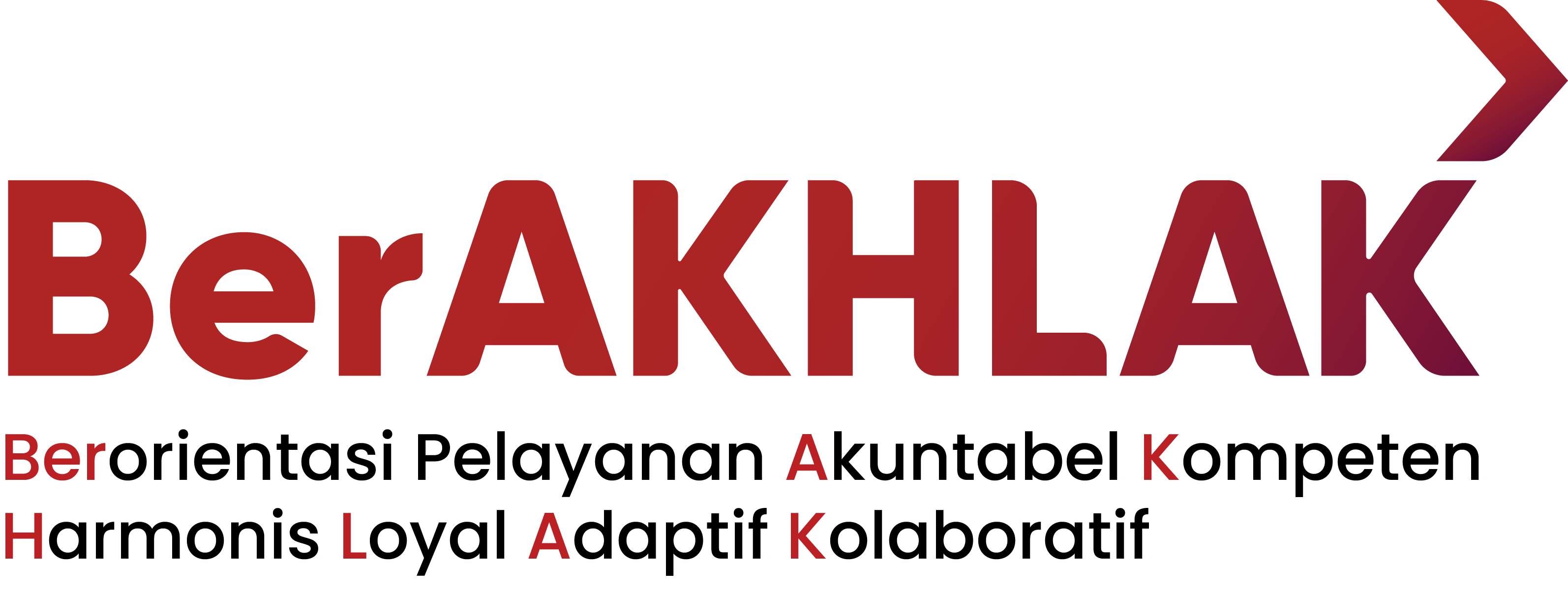Bappenas Holds Urban Resilience Forum to Answer Indonesia’s Urban Planning Challenges
Development News - Tue, 30 July 2024

The Ministry of National Development Planning/Bappenas held the Indonesia Urban Resilience Forum on Tuesday (30/7), bringing together policymakers, experts, and stakeholders to discuss challenges and solutions in building urban resilience in Indonesia.
Besides serving as a platform for sharing knowledge and best practices in facing various shocks and pressures faced by cities in Indonesia, the forum also aims to raise awareness and understanding of urban resilience issues, as well as to promote collaboration among various stakeholders in building more resilient and sustainable cities.
The Ministry of National Development Planning/Bappenas’ Deputy for Regional Development Tri Dewi Virgiyanti emphasized the importance of urban resilience in the face of rapid urbanization, climate change, and natural disasters. She also highlighted various policies and programs implemented by the government to enhance urban resilience in Indonesia.
“The government recognizes the importance of internalizing disaster resilience and climate change adaptation into development and spatial planning at both national and local levels. Zoning regulations in urban spatial plans must clearly indicate disaster-prone areas and restrict permitted activities in those areas with stringent criteria. The main goal is to minimize economic losses and the number of people affected by natural disasters,” explained Deputy Virgiyanti.
Urban resilience is defined as the ability of urban communities to survive, adapt, and grow amid various pressures, including natural disasters and climate change. This capability is carried out through four stages.
First, awareness, which involves identifying risks, increasing knowledge and preparedness, and encouraging resilient actions and behaviors. Second, coping, which includes building robust infrastructure, developing emergency plans, and effective response mechanisms. Third, adapting, which involves behavioral and institutional changes based on learning and reflection. Lastly, transformation, which includes altering policies and investments to unlock economic and social potential. Given the complexity of these challenges, the government encourages multi-stakeholder collaboration to build synergy in sharing knowledge, technology, training, and empowering vulnerable communities.
The Urban Resilience Forum is expected to produce concrete recommendations to strengthen urban resilience in Indonesia. These recommendations will be valuable inputs for the government in formulating more effective and sustainable urban development policies and programs. Deputy Virgiyanti emphasized the importance of multi-stakeholder collaboration in building urban resilience.
“Amid Indonesia's efforts to realize this vision, the contribution of expertise from all parties, including the central government, regional governments, development partners, and the private sector, is crucial. We need to have good collaboration to support our actions in realizing urban resilience in Indonesia. I look forward to continuing collaboration with all parties,” she concluded.


